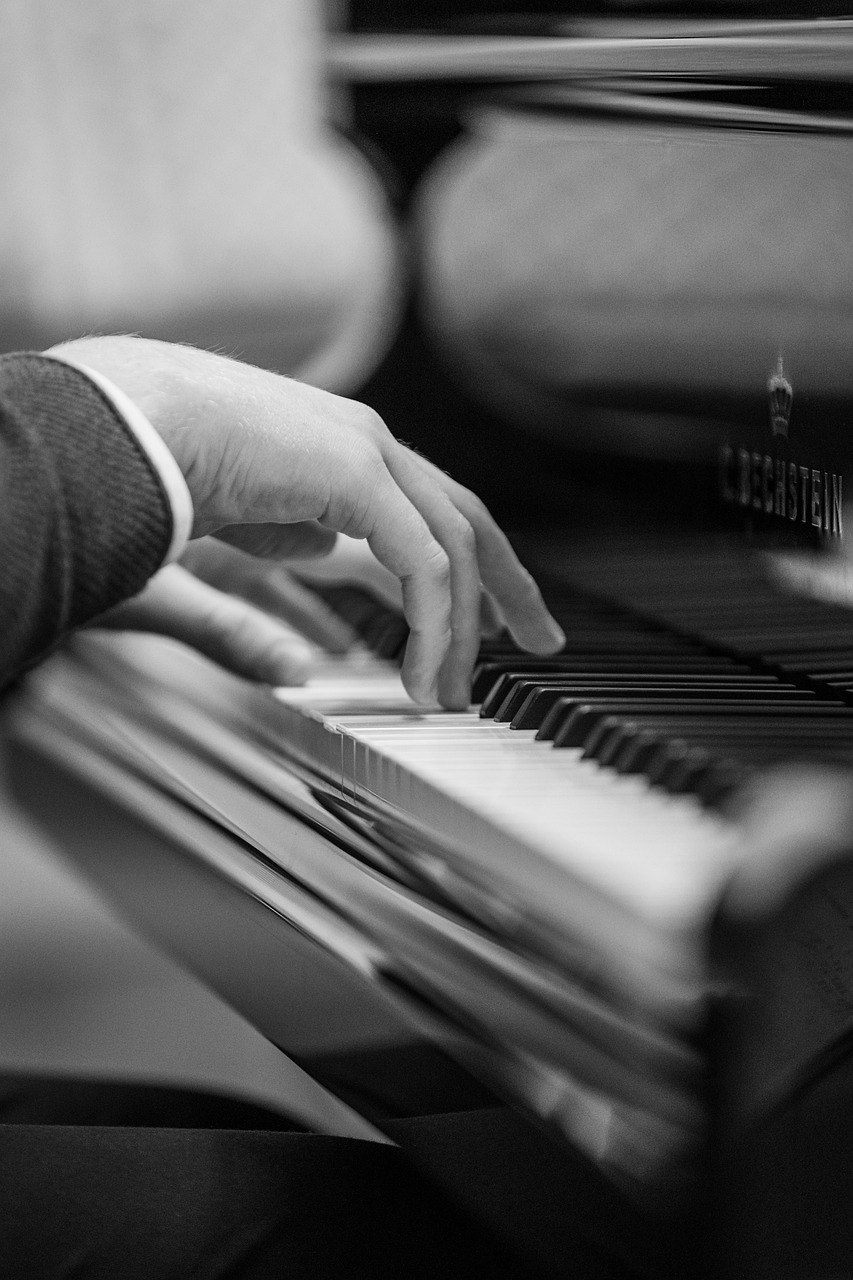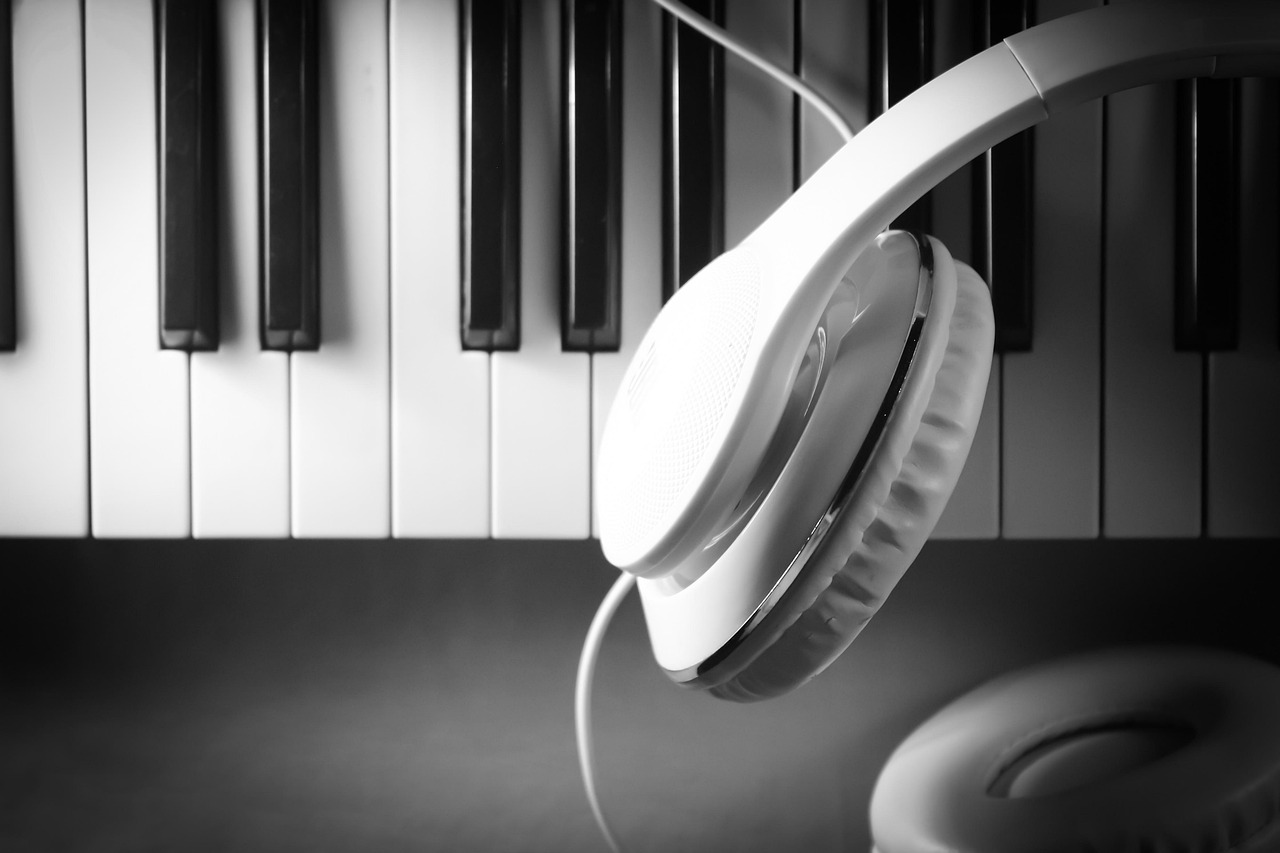08 August 2025
|
Thinking about learning piano? Expert teacher Tim Stein has some pointers for taking those first steps in playing the piano.
As a teacher of all different types of students, from aspiring beginners of all ages to firecracking prodigies (or at least those who think they are), I find that it’s always really useful to help a new student with some pre-learning tips and advice.
With over 25 years of teaching experience, I still feel amazed by the kinds of questions new students ask me.
Do I need a piano? How soon can I become a concert pianist? The list is both funny and endless.
Here, however, are the things you should be asking yourself, even before you’ve started looking for a teacher…
DEFINE YOUR GOAL![playing the grand piano]()
Save yourself the time and address the following: what do I want to get out of playing the piano? Is it for professional reasons, retirement, relaxation or fun?
Do I have an idea of the kind of repertoire I would like to play? Jazz piano or the classics? Boogie-woogie, a Chopin waltz or Beethoven’s ‘Moonlight’ Sonata?
Do I want to take exams?
Do I want an opportunity to show off a party piece in front of friends?
Whether you’re a complete novice or re-starter, try to have some kind of a goal in mind. However unrealistic this may seem at first (you can always refine the enthusiasm later on).
TALK TO OTHER STUDENTS
Talk to people who have started playing piano recently and people who have been playing for a long time. Ask beginner pianists what they get out of playing, and ask them about the pros and cons.
Pros can include lowering stress and playing that piece you have loved since you were nine.
Cons can include the time commitment needed. You may also not be able to practice whenever you want at home.
FIND AN INSTRUMENT
Once you decide to play, you need to think about how to fit a piano or keyboard in your space.
Don’t just rush out and buy the first thing you see, like that nine-foot concert grand in the music shop window, momentarily forgetting you live on the 12th floor of a residential block that forbids the playing of any kind of musical instrument. Sit at the piano's you're interested in for as long as possible.
There are many options available. You can buy or rent an upright or grand acoustic piano.
You can also choose a digital piano. Digital pianos do not need tuning and you can use headphones for silent practice.
For further help, read the article all about How to Buy a Piano.
ORGANISE YOUR TIME
Even before you start, it’s important to consider how much time you will have to practise.
Can you practise at home or at your workplace? The essence of good practising, whether you’re an advanced musician or someone who has just started out, is all about successfully managing time.
Quality is far more important than quantity.
Think about how you might be able to organise your time effectively. How much time will you be able to devote to practising for lessons. How often do you need a lesson in order to maximise what you get out of them (this is something to discuss with your teacher)?
LISTEN TO LOTS OF MUSIC
Listen to as much music, live or recorded, as you can. This will help you get some idea of the kind of music you like and the kind of repertoire you would like to play, if you don’t already know. Listen to your favourite songs played on the piano too.
With the wonders of digital technology at your fingertips, you can find fantastic performances on YouTube from great musicians from all over the world. And don’t just limit this to piano music.
Check out the Pianist Youtube Channel for some incredible performances.
PREPARE FOR THE FIRST LESSON
OK, you’ve booked your first consultation lesson with your teacher, so what can you do to prepare?
If you’ve got something to play already, that’s great, even if you haven’t looked at it for 20 years! Don’t panic and imagine you have to give the world’s best performance.
A good teacher will be perfectly understanding and should be able to put you at ease right away. If you don’t have anything to play, go armed with a reasonable list of questions that should enable you to get some idea from the teacher of the progress you can make and the route to getting there.
Ask the teacher questions like: What’s your teaching style? How do you teach technique? Can you suggest suitable repertoire? Do you have a music lending library?
If you can’t play the piano at all, there are so many online videos that cover the first stages of learning to play. Figure out which learning method suits you the best. If you can already play a bit, or even if you can play reasonably well, take some music you are struggling with. Or take some pieces you have ambitions to play.
At a basic level, old Grade 1 (or thereabouts) exam pieces are a good place to start. While they are at a higher level there is a great range of choice from the odd Chopin waltz and mazurka, to some of the 15 Two-Part Inventions by Bach.
Look also at the similarly titled Schumann and Tchaikovsky pieces from their Albums for the Young (opus 68 and opus 39 respectively). Schirmer publishes a Performance Edition for both. Which gives useful fingering advice and the benefit of a proper performance on an accompanying CD.
If your sight-reading is good enough, give it an extra boost by playing through some of the pieces. Perhaps choose some music you like and start to work on these.
The Trinity Repertoire Library series (edited by Christine Brown), also has some wonderfully rewarding pieces by the likes of major composers (plus lesser known ones too). From the Baroque, Classical and Romantic periods, including Beethoven, Mozart and Schubert.
These are excellent books, carefully edited with useful performance instructions and intelligent fingerings.
GET MOVING
Good piano playing, as any good piano teacher will tell you, is all about the correct use of the whole body. Some teachers use Alexander Technique and yoga when teaching, so you might be interested in this kind of approach. Or you can always get your body into gear straight away by taking up some kind of gentle exercise right now.
Tim Stein is a renowned London piano teacher and journalist. See his website at www.pianowithtim.com.
You will find some beginner-level pieces inside Start Playing Piano.
If you are in search of more, there are many simple pieces to explore inside past issues of Pianist magazine. Further information at www.pianistmagazine.com.
Start learning today!









